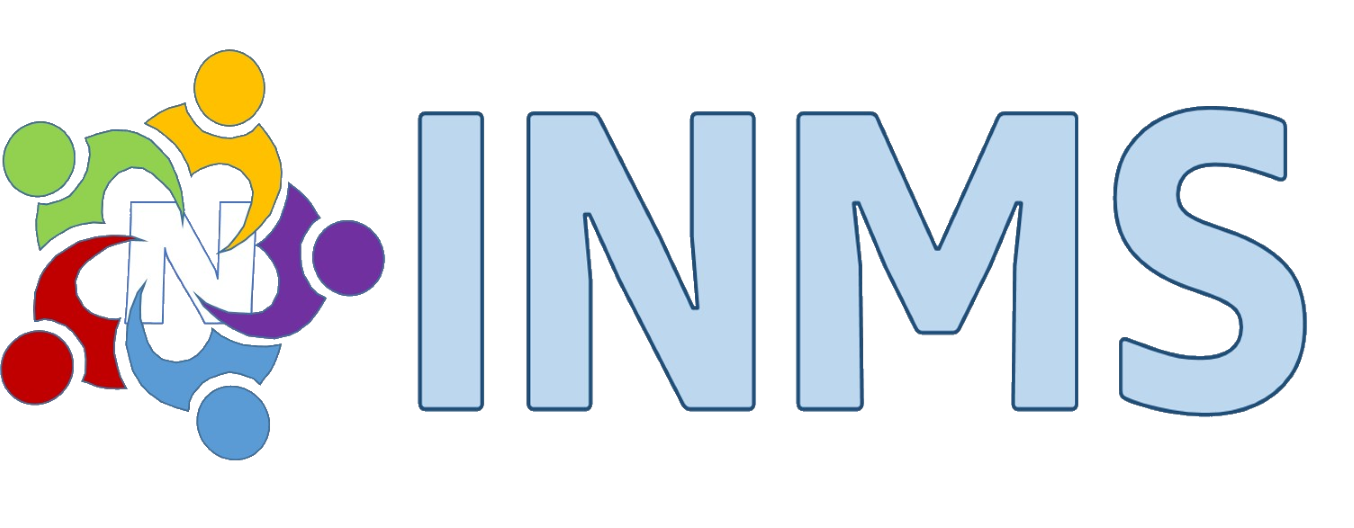This policy document gives an outline of the water sector in Jamaica, sets out objectives for water resources management, urban water and sewerage, rural water and sanitation, urban drainage and irrigation, and sets out strategies and action plans for the water sector and in particular for water supply and sewerage and irrigation. It reflects a shift in national priorities from water resource development to restoration of existing resources and enhancement of water quality. Water management objectives also include a specific focus on water pollution prevention and control. Emphasis is laid on revising an institutional and regulatory framework in light of contemporary water problems in order to protect consumers, investors and the environment. Currently the Water Resources Authority (WRA) has responsibility for the regulation, control and management of the nation’s water resources. The WRA has - formulated the Water Resources Development Master Plan, which defines the resources, supply and demand at the hydrologic basin level; prepared the National Irrigation Development Master Plan with the National Irrigation Commission; worked with the National Water Commission (NWC) to prepare parish plans setting out time-frames for development of resources. It has also carried out work in monitoring and assessment of the patterns of resource use, developed monitoring and assessment of the patterns of resource use with local communities, the Office of Disaster Preparedness and Emergency Management (ODPEM) and the National Meteorological Division, protection of water resources and education. The WRA is also responsible for the allocation of water resources, which will be guided by the core principles set out in this Policy. The National Water Commission is responsible for the urban water supply throughout the island. It is also the largest provider of sewerage services. Objectives in the urban water supply and sewerage sector include, among other things, rationalization of administration and privatization of services. The Government’s policy is that minimum standards of water and sanitation services necessary for the sustenance of life and good public health will be made available to all at an affordable price. Objectives regarding rural water supply include potable water and adequate sanitation for all and upgrading of minor systems being operated by the Parish Councils. Particular attention is given to definition by designated public agencies of the minimum standards of service for rural social water. The Government’s policy is to encourage private participation in the rural water and sewerage sectors, where this is likely to benefit consumers and the country. As for urban drainage, special systems are needed to collect, channel and dispose of rainwater in urban areas. In line with best practice internationally, the Government will ensure that urban drainage is treated as an integral part of the water sector. Harmful effects on the environment will be reduced by better planning for drainage discharges. The Ministries of Water and Housing, Works and Local Government will develop recommendations for the achievement of specified objectives. The National Irrigation Commission (NIC) is currently responsible for the operation of irrigation systems. Irrigation shall be financially viable. The Government has decided that their operations and maintenance costs should be met from charges paid by the users. In developing the water sector strategy the designated agencies will determine the circumstances under which subsidised irrigation water will be provided for farmers and define the minimum standards of service in such cases. particular attention will be paid to the formation and role of Water Users’ Associations (WUAs) as legal entities (e.g. co-operatives or limited liability companies). Responsibility for local management, water distribution, monitoring and maintenance of these systems will be assumed by those WUAs, which have attained legal status. Strategies and action plans set out in the second part of this document aim at improvement and development of the legal and institutional framework, efficiency of processes, technical capacities, human resources, information systems. Particular attention is given again to social water supply and the establishment of Water Users’ Associations. The WRA shall, among other things, develop and implement a National Water Quality Programme, introduce technical performance standards, publish a Water Quality Atlas and Pollution Risk Maps, develop the Flood Water Control Master Plan and revise the Water Resources Development Master Plan. The Water Resources Action Plan consists of a set of projects to give effect to each strategy set out in this document. Specific strategies and action plans are set out for water supply and sewerage and irrigation. With the establishment of WUAs, the role of the National Irrigation Commission (NIC) will shift progressively to focus on planning, monitoring and regulating the irrigation sector.
Jamaica Water Sector Policy - Strategies and Action Plans.
